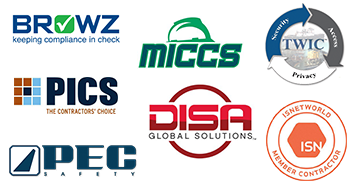Large Fiberglass Tanks
Large diameter tanks are sought after for a variety of reasons. When designed properly FRP materials can provide excellent high-temperature capabilities and solvent resistance. Depending on resin selection and other design factors, unique characteristics may be enhanced. In general, FRP withstand many acids, alkalis and oxidizing chemicals. Another one of those reasons is that there […]





